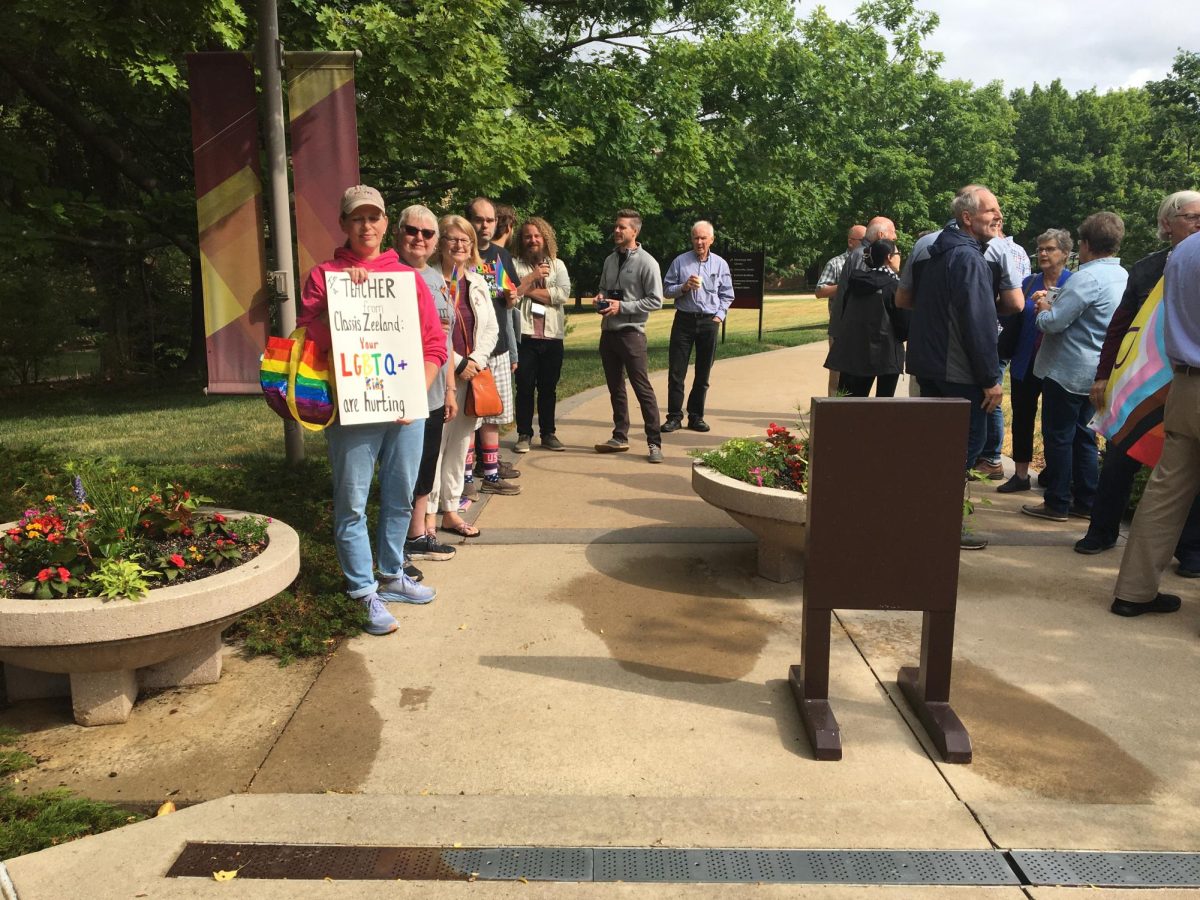The federal government has made many changes to the Free Application for Federal Student Aid (FAFSA), which has led to delays in awarding aid for the 2024-2025 academic year.
According to Paula Elenbaas, associate director of financial aid, these changes are a result of a “complete overhaul,” which will make the FAFSA “easier and faster to complete, with questions [decreasing] from 120 to less than 40, and only taking 5-10 [minutes] to complete.” These changes, however, have led to several delays and glitches, with many students having trouble submitting their applications.
These delays mean that students “won’t receive financial aid offers until late March or early April,” according to Calvin’s FAFSA guide. These delays are universal for any U.S. college or university and “won’t impact eligibility for financial aid at Calvin University,” according to the guide.
The guide also includes a tentative timeline for what students can expect. In late February, named scholarships will be awarded. Tentatively, in mid-March, “We expect Federal Student Aid to release FAFSA data to colleges,” and the financial aid process will proceed as normal, according to Calvin’s guide. After that, somewhere from late March to early April, students can expect to receive their Calvin financial aid package. May 1 will remain decision day for any students planning on attending Calvin.
“If you’ll be in college in 2024-2025, we recommend you complete the FAFSA by April 1. Watch the onboarding videos Federal Student Aid offers, and follow the instructions closely to complete your FAFSA successfully,” Elenbaas said. “If you do have any issues when submitting your FAFSA, you should be able to log back in by mid-May and make corrections or add information.”
Other changes to FAFSA, outside of simply streamlining the form itself, are coming as well, due to the newly implemented FAFSA Simplification Act.
The first of these changes is “replacing Expected Family Contribution (EFC) with the Student Aid Index (SAI).” This, according to the act, means the new ways of measurement “remove the number of family members in college from the equation.” According to the Nevada Association of Financial Aid (NAFAA), the “total expected family contribution (EFC)…is currently divided among the number of the applicant’s family members who are enrolled in college.” The new SAI will not make this division. This change will also add “separate eligibility determination criteria for federal Pell grants,” according to the act.
The second change brings “modifications to family definitions in FAFSA formulas.” This is designed to “align more with what was reported on the student’s/parent’s tax returns,” according to the act.
The third change is “expanding access to federal Pell grants.” Pell grants are grants given to students who “exhibit exceptional financial need” and do not need to be repaid, according to the federal aid website. This act expands “Federal Pell grant(s) to more students and will link eligibility to family size and the federal poverty level.”
The act will also reinstate access to Pell grants to incarcerated students in federal and state penal facilities and restore lifetime eligibility to students whose school closed or was found to have “misled” the student. According to Federal Student Aid, a “school makes a substantial misrepresentation when it lies to you or misleads you about its educational services, financial charges or the employability of its graduates, and that information is central to your decision to enroll, stay enrolled or take out loans.”
Anyone with questions about FAFSA should contact Calvin Financial Aid at finaid@calvin.edu.





